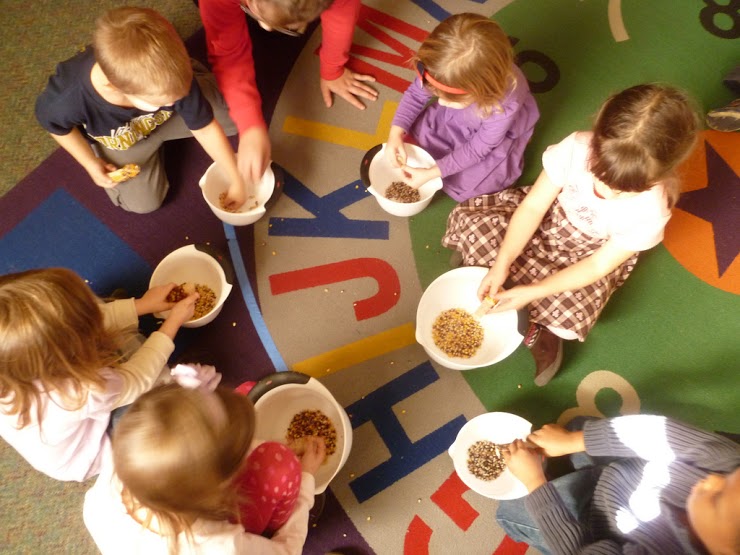Check in weekly, on Wednesdays, to read our new post on gardening, harvesting, and making use of that fine, extra-local produce! We’ll share tips and techniques, gleaned from our urban farms and gardens. Email info@growpittsburgh.org with any topics you’d like us to cover.
If you’ve got seeds left over from other years, you may be wondering if they’ll still grow this season. Seed storage times vary with different types of seed, and it makes a difference how the seeds were stored. If you’re unsure what the storage conditions were or whether they were good enough, try testing your seed with the germination test mentioned below. It can save a lot of time and aggravation if you check to make sure your seeds are viable before testing them in the garden!
The best way to store seeds is in cool, dry, dark conditions. We recommend putting seeds in a tightly sealed container or bag, and storing them in the refrigerator or freezer. When you get seeds out to use them, be sure to keep them out of the elements (including sun) and get them back into storage as soon as possible.
If you want to test the germination rate of seeds, place 10 of them in a sealable plastic bag with a wet paper towel folded over them. Put them in a warm, dark place (except for lettuce seeds, which should be placed in the light). Check daily for germination. After the expected germination time for the seeds, count how many seeds sprouted. That number divided by 10 is the rate of germination. If you have a very low germination rate, it’s probably best to buy new seeds. If the rate is moderate, simply sow seeds more heavily than recommended.
Here are the average times, in years, that seed can be stored under good conditions and still remain viable:
Arugula-3
Asparagus-3
Beans-3
Beets-4
Broccoli-3
Brussels Sprouts-4
Cabbage-4
Carrots-3
Cauliflower-4
Celery-3
Chard-4
Collards-5
Corn-2
Cucumbers-5
Eggplant-4
Fennel-4
Kale-4
Kohlrabi-5
Leek-1
Lettuce-5
Okra-2
Onion-1
Parsley-1
Pea-3
Pepper-2
Pumpkin-4
Radish-4
Spinach-3
Summer Squash-4
Tomato-4
Turnip-5
Watermelon-4
Winter Squash-4
Zucchini-4

